Management – Hotel Guidelines For Dealing With The Media During A Crisis
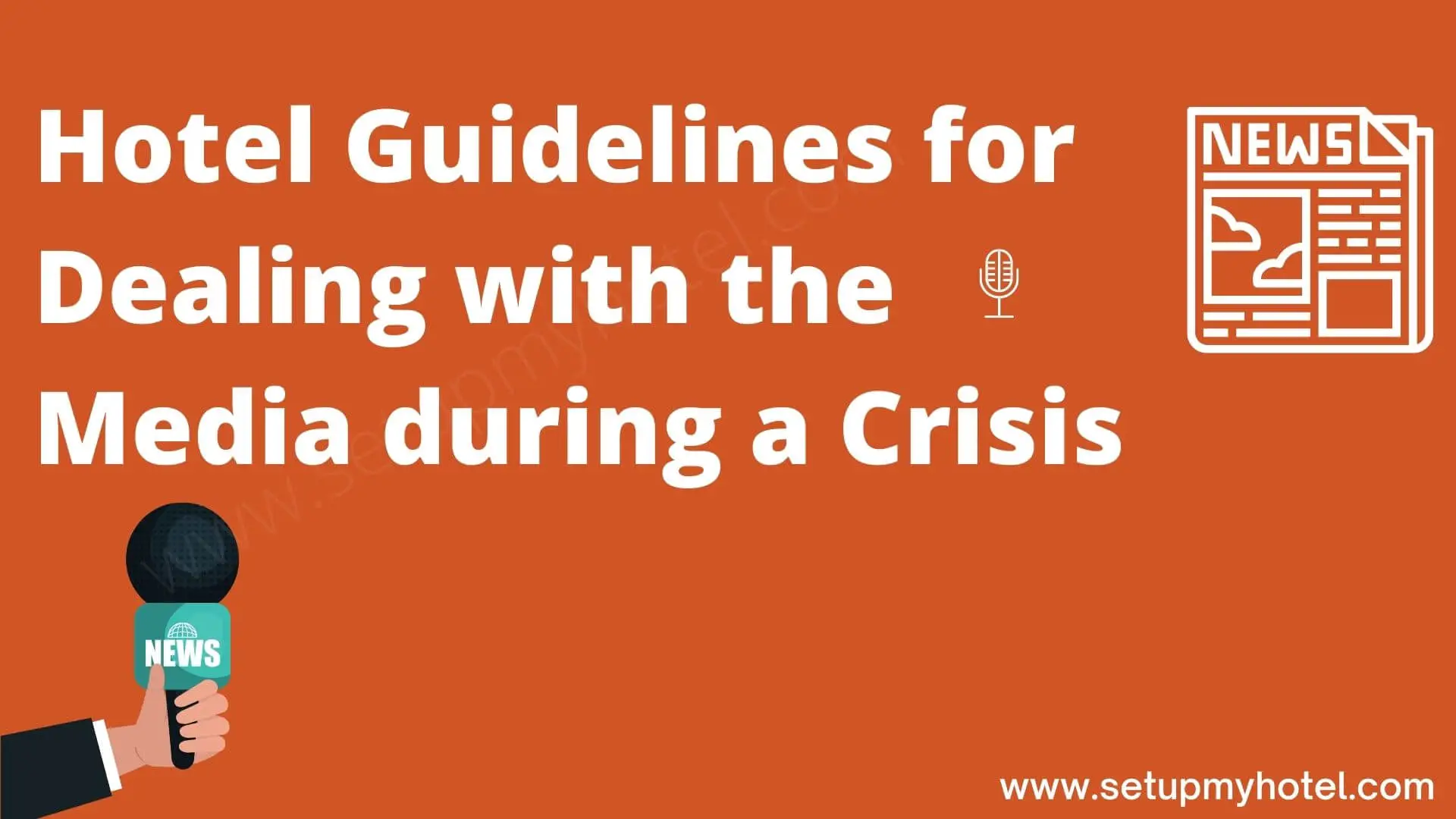
Hotel Guidelines For Dealing With The Media During A Crisis When a crisis occurs in a hotel, it’s important to ...
Read more
IT – Hotel Computer Security And Disaster Recovery Tips
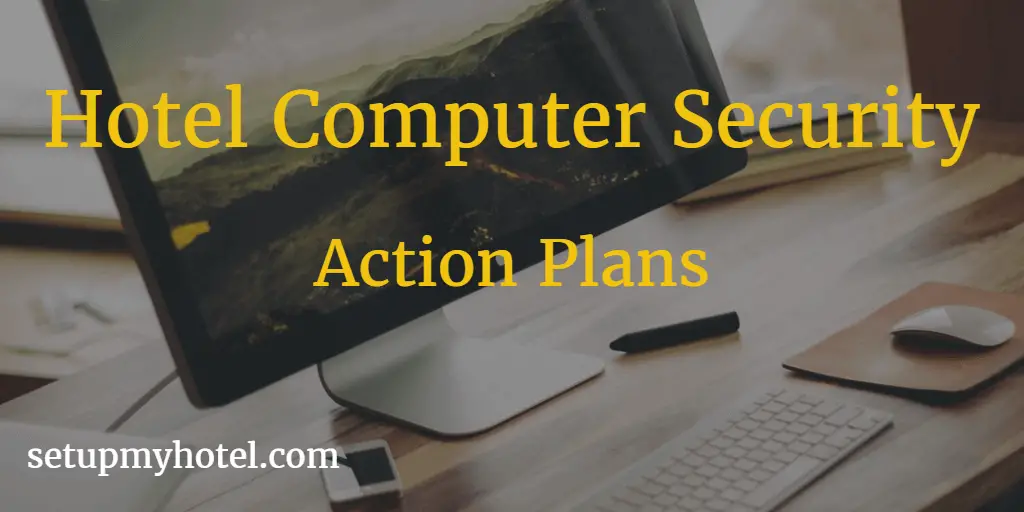
Hotel Computer Security And Disaster Recovery Tips In the modern hospitality industry, where technology plays a crucial role in operations, ...
Read more
Security – Crime Prevention Through Environmental Design In Hotels
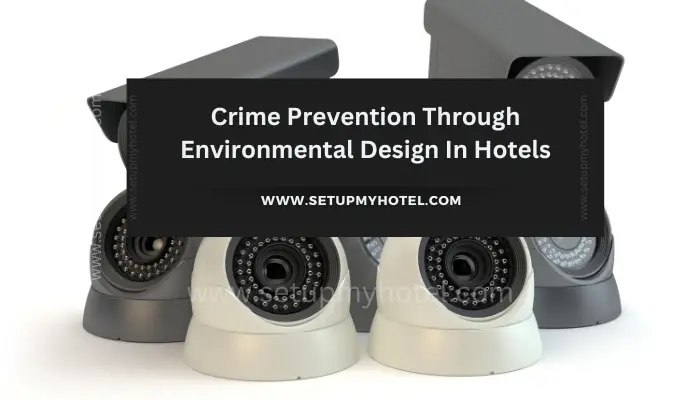
Crime Prevention Through Environmental Design In Hotels Crime Prevention Through Environmental Design (CPTED) is an approach that focuses on designing ...
Read more
Security – Hotel Security Department Self Inspection Checklist
Hotel Security Self Inspection Checklist Since Transient guest do not have the sense of territory or the ability to easily ...
Read more
Security – Steps To Develop Hotel Security Program
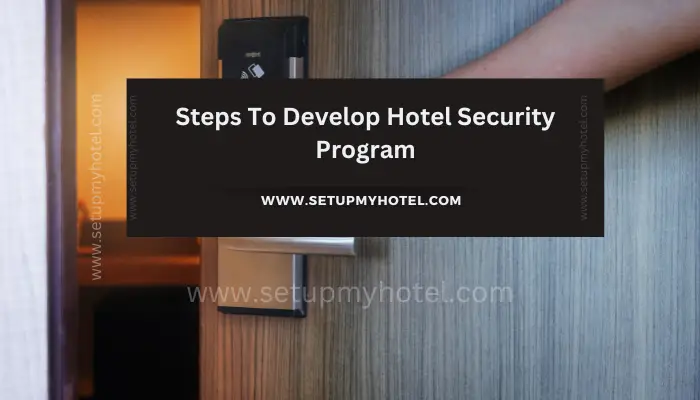
How to Develop Security Programs in Hotels The safety and security of hotel guests and staff is of utmost importance. ...
Read more
Security – Types Of Safety Equipment’s Used In hotel Industry
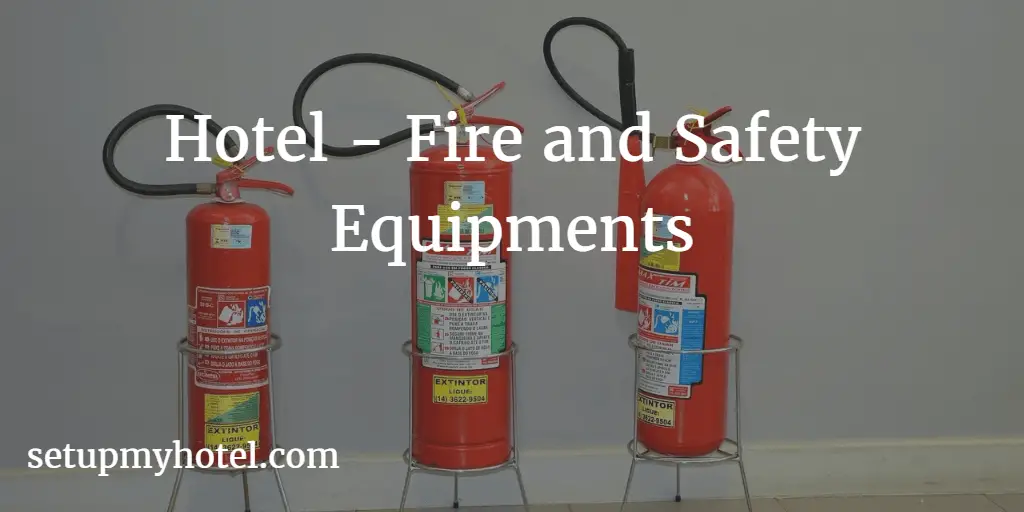
Types of Safety Equipment Used in the Hotel Industry Safety is a top priority in the hotel industry, both for ...
Read more









